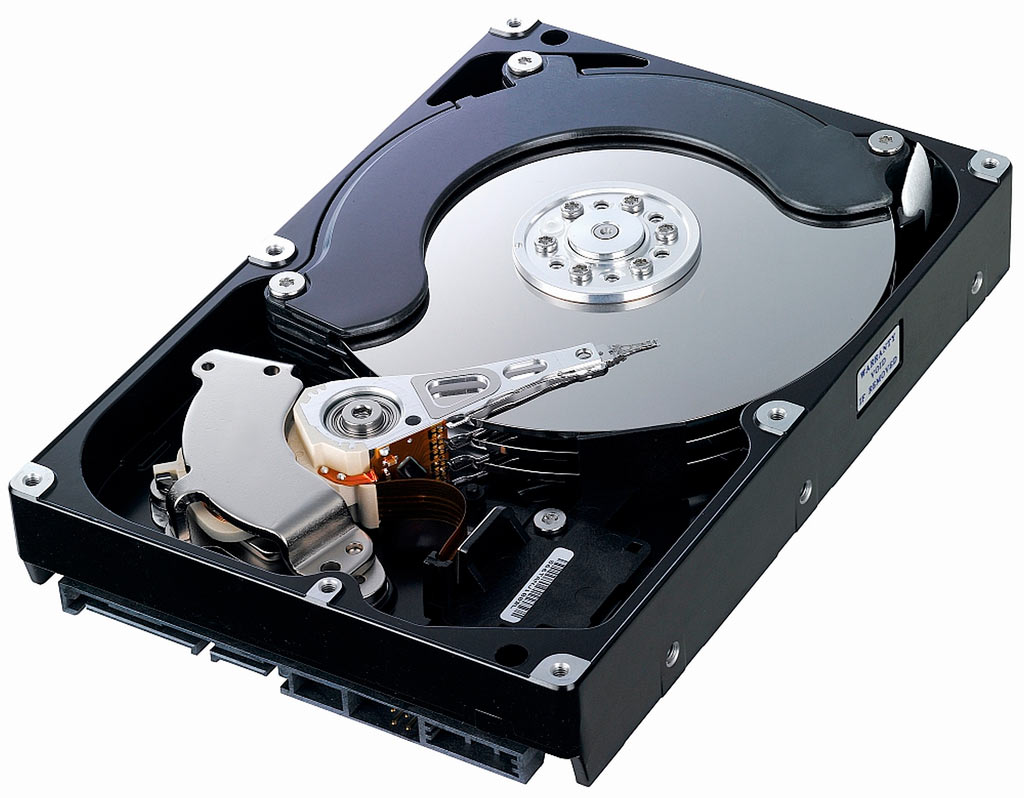Hard drive motor failure is a common problem our data recovery team encounter, but it can be fixed if dealt with as soon as the problem presents itself.
Our data recovery team recently completed a successful data recovery on a hard drive that had suffered from a motor failure. The client sent in their hard disk drive, a 2.5” Lenovo 7XB7A00024 300GB, after hearing a beeping noise coming from inside. After powering the laptop down and removing the hard drive, it was sent into our office for a data recovery analysis. The hard drive was passed on to our data recovery team, who disassembled it in our class 100 clean room, ensuring the environment was contaminant-free at all times. The cause of the beeping and grinding noise, as suspected from the description relayed by the client, was a motor failure.
Like most components found within a hard drive, the spindle motor is susceptible to physical damage, either from trauma, environmental factors, or simply old age. If a hard drive is dropped or mishandled while it is in use, the read/write heads can clamp onto the platters, preventing them from spinning, causing damage to the motor. While modern hard drives are fitted with an accelerometer to prevent this, the motor can still seize in the event of a sudden drop. Sometimes, a hard drive can suffer from a motor failure with no sudden knock or drop, but simply as a result of old age; this is what happened in the case of the client’s Lenovo hard drive. Hard drives have a limited lifespan, and after five years of use, a physical fault such as a motor failure or head crash is not out of the ordinary.
After ascertaining the cause of the hard drive’s failure, the client was given a no-obligation quote, which was accepted, and the data recovery work was completed. The client’s data, around 300GB, was returned to them on a blank hard drive.
